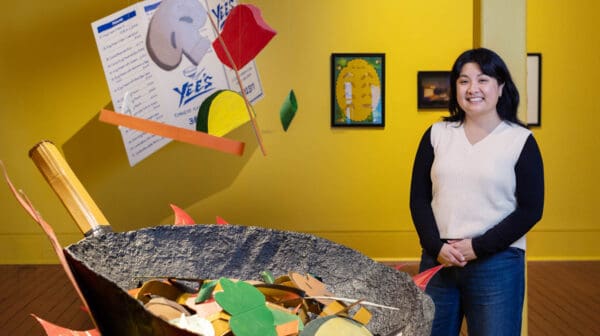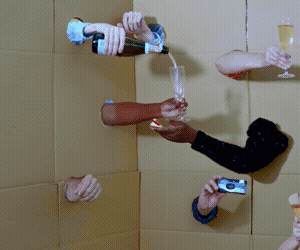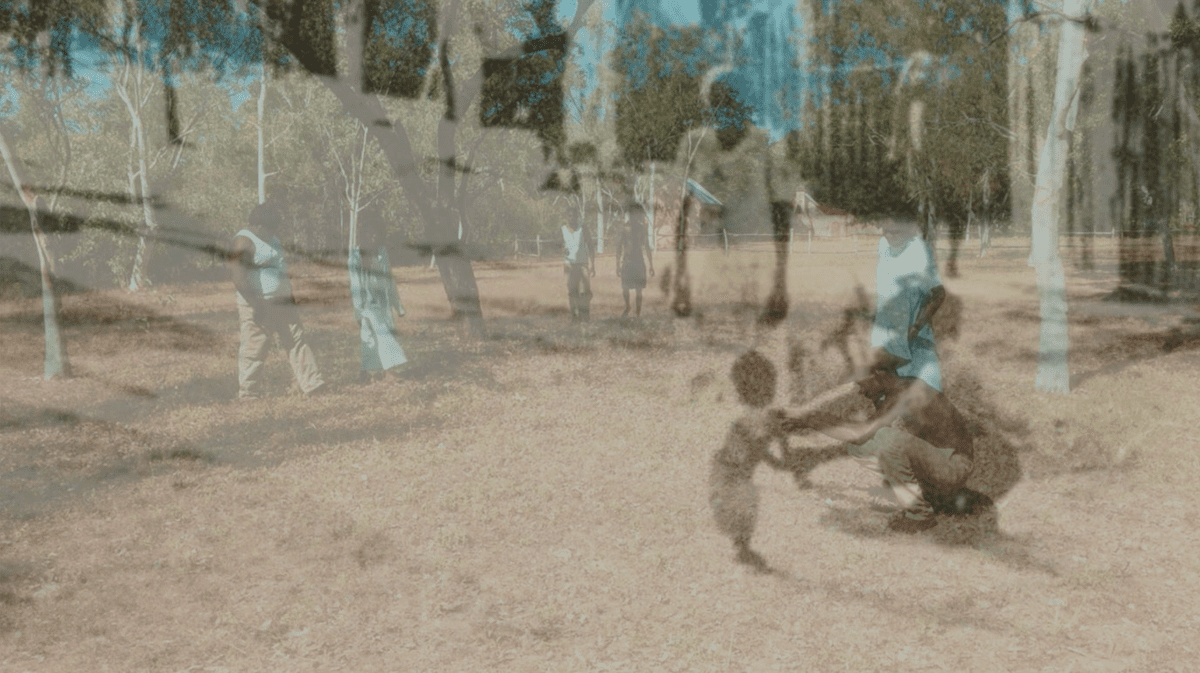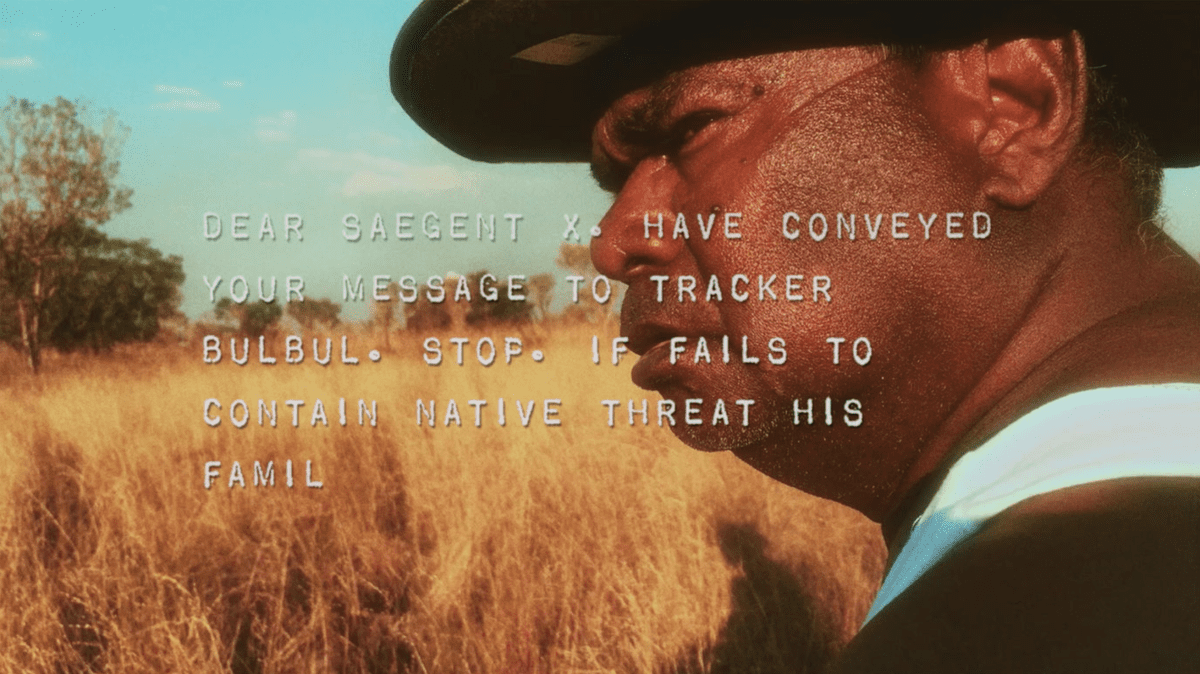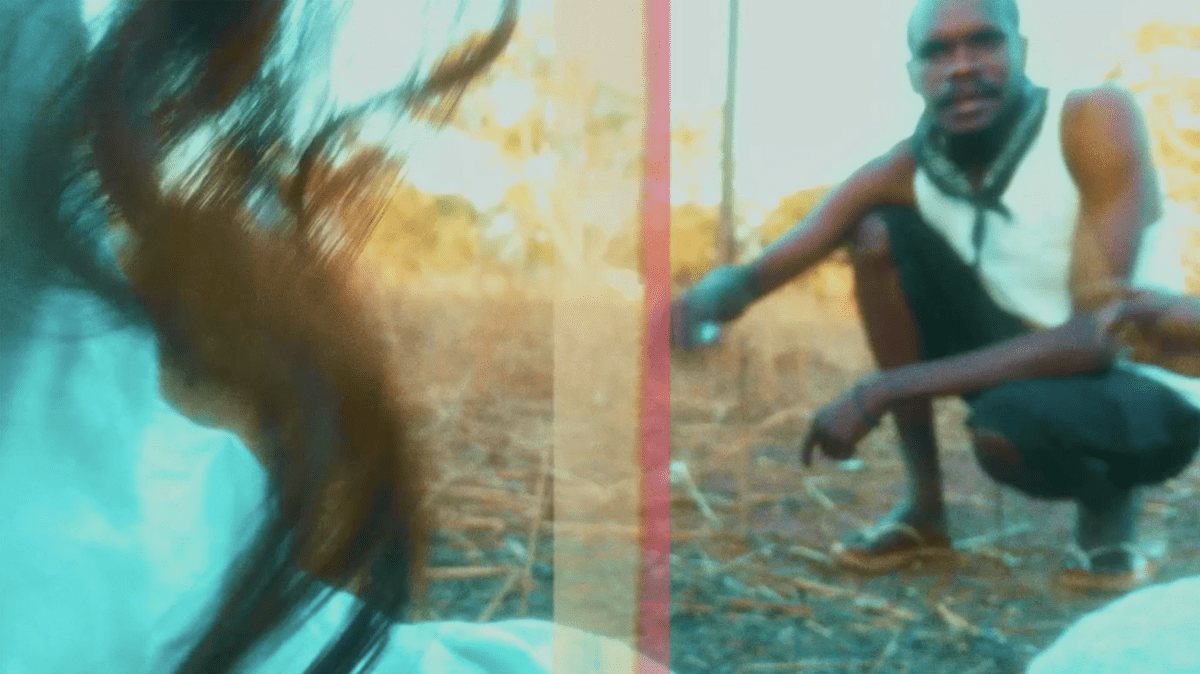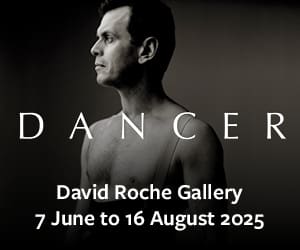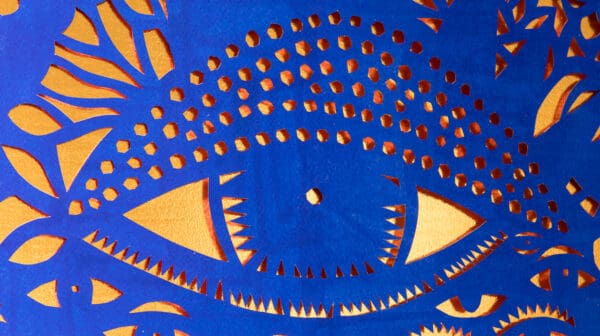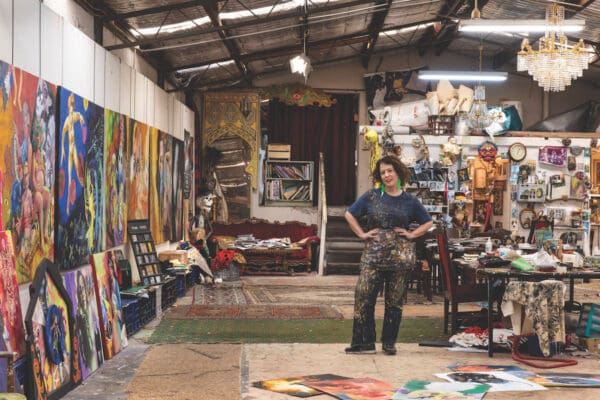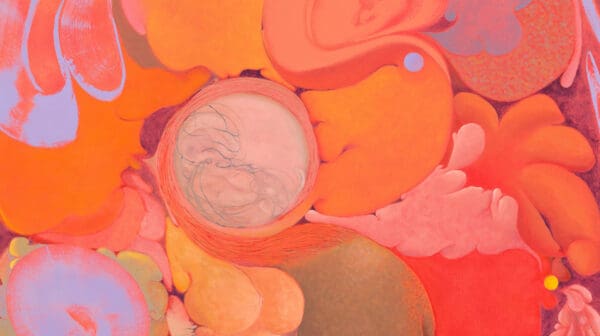When US anthropologist Elizabeth Povinelli first visited the Northern Territory’s Belyuen Community in 1984, Linda Yarrowin was just a child, aged about 10. Yarrowin remembers the visit clearly: on a university fellowship, Povinelli was a student who fell in love with the people. Yarrowin recalls the feeling was mutual.
“The old ladies adopted her,” says Yarrowin who, along with Povinelli and about 30 other people from three different clan groups in the community, have gone on to create the successful Karrabing Film Collective, whose work is now screening at Samstag Museum of Art. “She is like my big sister now. She jumped into our family—she is in my clan group and we share the same dreaming. She is really connected to the land and stories, everything.”
The Karrabing Film Collective started in 2007 and is now well-known internationally, having shown widely at film festivals and exhibitions as far as Oslo, London, Berlin and New York. Members describe the collective as a “new form of collective Indigenous agency”. This is because its films focus on everyday equality issues such as poverty, incarceration and mining on Country, but also weave in historical fact and traditional stories connected with land and cultural heritage.
Yarrowin has been thrilled at these stories being taken to international audiences, and has herself gone on international tours for the screenings. She says that she, Povinelli and all the other members work on projects as a group, even though Povinelli—the only non-indigenous person involved in Karrabing—spends most of the year living in the US, where she works as an anthropologist at Columbia University.
The creative process for Karrabing is very fluid. From initial group discussions during which a broad idea is established, they then flesh out connections to members’ personal stories and the clan groups’ traditional stories. Then, they quickly move into doing the filming. This often appears to have the flavour of improvised theatre, given that most filming is done using mobile phones. Editing gives the work a finer polish, as well as helping younger members of the collective to hone their technical skills.
“The story is not always worked out in detail,” Yarrowin says. “It evolves and we tell the stories as we go along. It is about ancestors and family stories, and about how you are connecting with the land as well.”
While some younger people choose not to listen to Elders guiding them on the old ways, Yarrowin feels privileged to also be involved in local education, working at the school of about 20 students. “We continue telling the stories,” she says. “I am teaching what was taught to me. This is our country and these are the dreaming sites . . . they are all these spiritual ways.” All this feeds into the films.
Karrabing Film Collective’s work includes some films with challenging storylines. Mermaids, or Aiden in Wonderland, 2018, for example, tells of a future where non-Indigenous people can no longer survive for long periods outdoors. A young Indigenous man, Aiden, taken away when he was just a baby to be a part of a medical experiment to save non-Indigenous people, is released and goes on a road trip. Another film, Windjarrameru, The Stealing C*nt$, tells of some young Indigenous boys falling into a trap to get them jailed for a minor offence. And the latest film in production, Family, will tell of the ecologically fragile Cape Ford region in NT.
Among Yarrowin’s favourites is Night Time Go, 2017, showing at Samstag, which weaves in archival footage. It relates a story about World War II and steps taken by the government to remove a group of Karrabing ancestors from their lands—but they refuse to leave. Yarrowin says her mother was involved in a similar real-life incident.
“She was pretty young, about 15, and wanted to be away from the bombing and killing and decided to go back to Country with her family. That story really touches my heart. The only place she knew she wanted to go was back to Country. It is very touching.”
Night Time Go
Karrabing Film Collective
Anne & Gordon Samstag Museum of Art, University of South Australia
22 October—3 December
